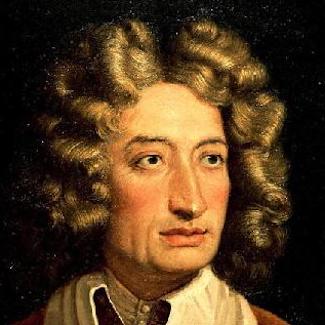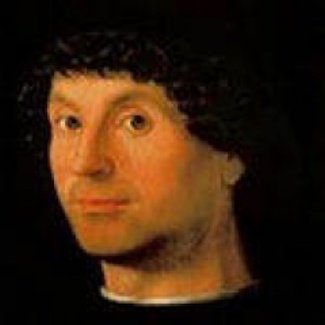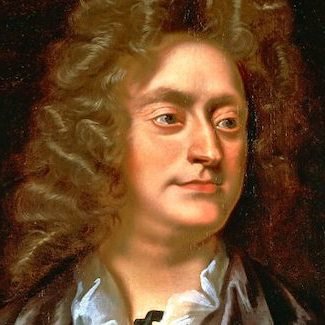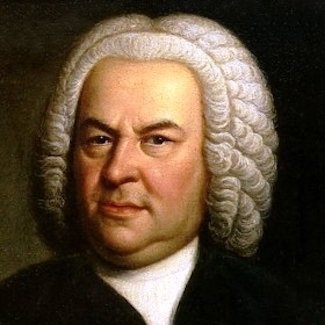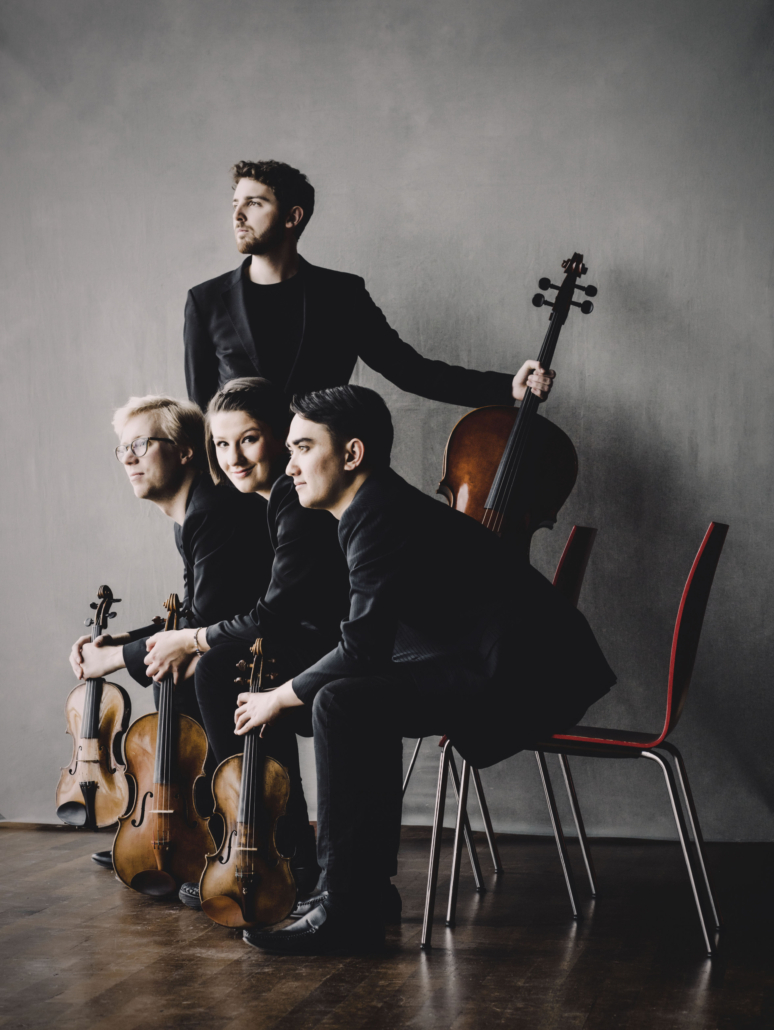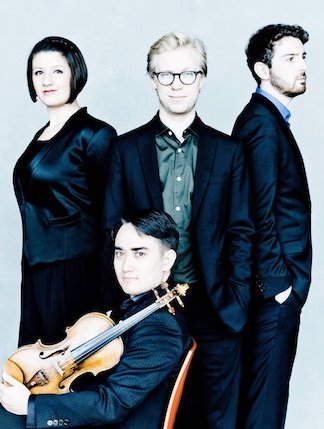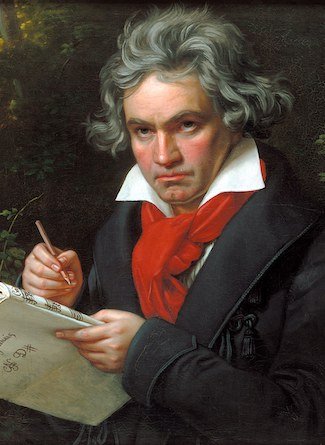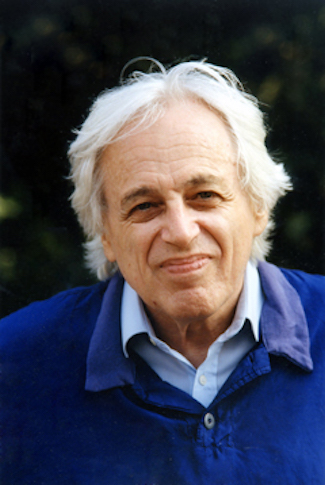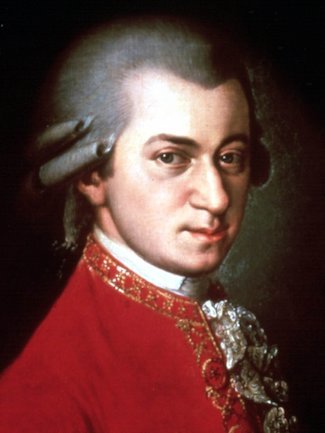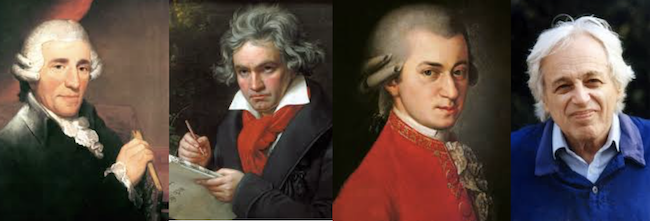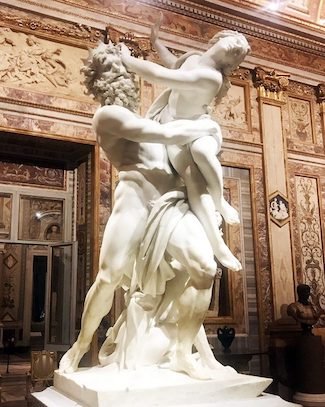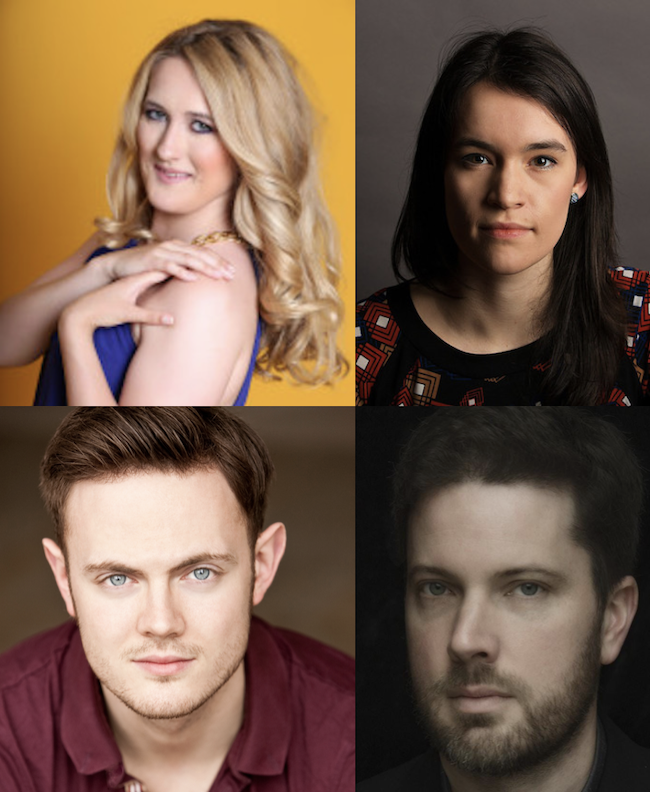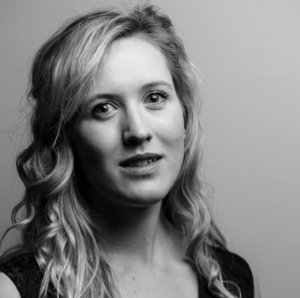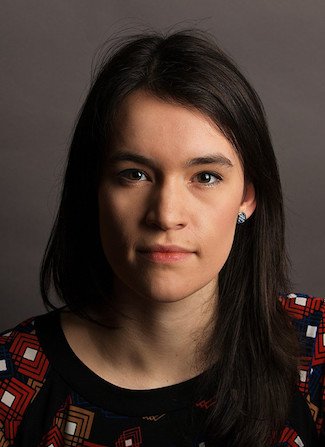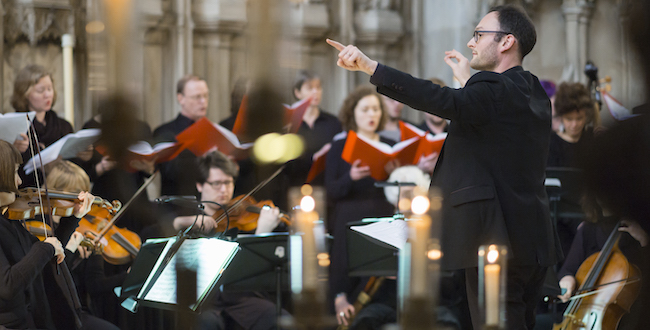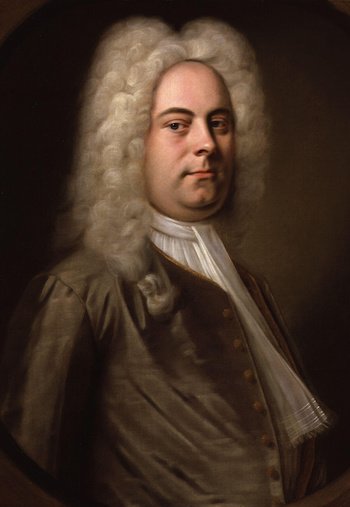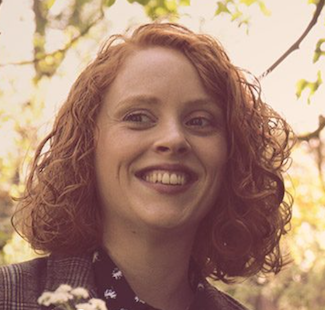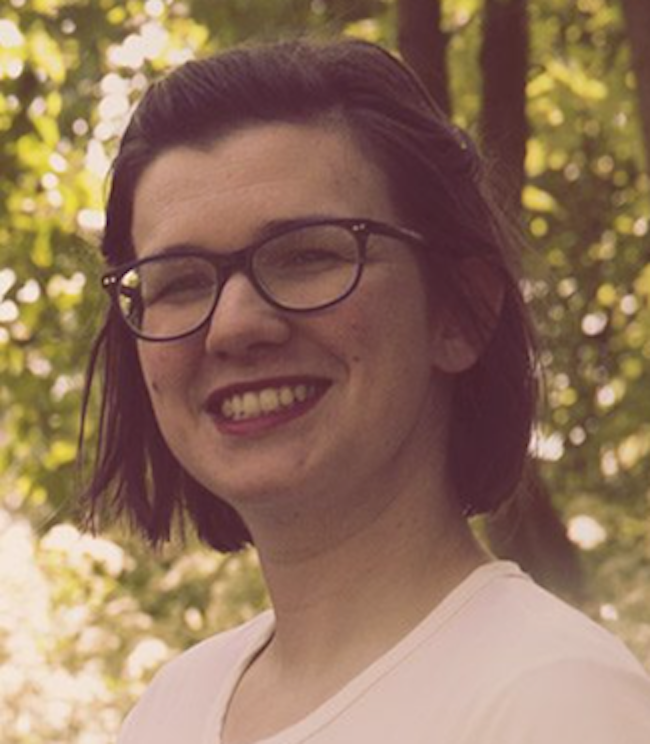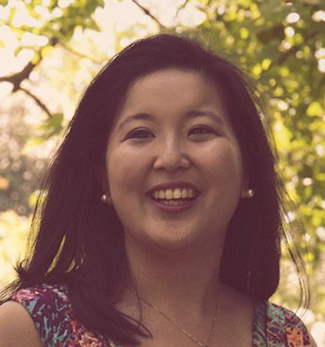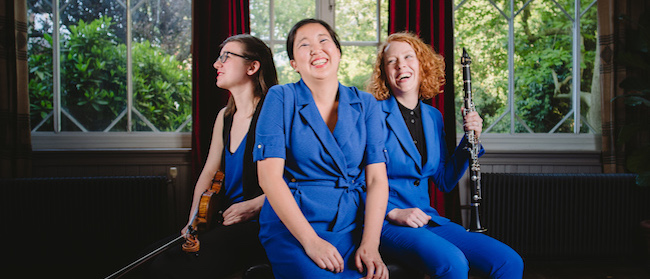Did You Know?
We might only think of music from the Baroque period as being full of pomp and opulence, but here are five things you probably didn’t know about baroque music…

1. Music printing began in Venice
The City of the Doges may have seen the very first printed score in 1501 from Ottaviano Petrucci’s press, but it was in mid 18th century Germany that modern music publishing took off in the 1750s with Breitkopf of Leipzig.

2. Copyright didn’t really exist
Basically, anyone could arrange, copy or print someone else’s music at any time. Handel did this all the time taking pieces of Stradella, Muffat or Keiser and passing them off as his own – it was even seen as a form of flattery.
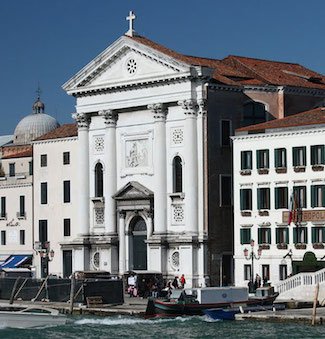
3. There were no conservatoires
Some of the most gifted musicians grew up in schools for orphans or abandoned children. The 17th century Ospedale della Pietà for girls even had Antonio Vivaldi as the violin teacher and choir master.

4. Opera was a baroque invention
The first opera was Euridice by Peri and was given to celebrate the wedding of Marie de’ Medici and Henry IV of France in October 1600. Monteverdi was among the guests.
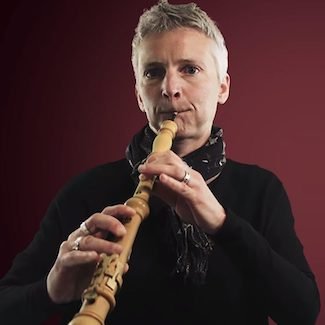
5. The oboe was also a baroque invention
The French composer, Lully couldn’t find a sonorous enough instrument to accompany the violins. So the Hotteterre and Philidor families were commissioned to create the Oboe which quickly took off all over Europe.
Discover even more about Baroque music in our festive programme of Christmas music performed by the Oxford Bach Soloists and Blenheim Singers conducted by Tom Hammond-Davies.
A Baroque Christmas
Saturday 14 December 7.30pm
St. Michael’s Church, Broad Street, Bath BA1 5LJ
Corelli Christmas Concerto
Handel Messiah (excerpts)
Praetorius Es ist ein Ros entsprungen
Carbonelli Violin Sonata VIII
Bach Magnificat (excerpts)
Purcell Behold, I bring you glad tidings
Bach Air on a G string BWV 1068
Bach Wachet auf – Zion hört die Wächter singen BWV 140/4
Handel Messiah – For Unto us a Child is Born
Bach Wachet auf – Gloria sei dir gesungen BWV 140/5
Tickets £5 – £20 available online – click on button below.

